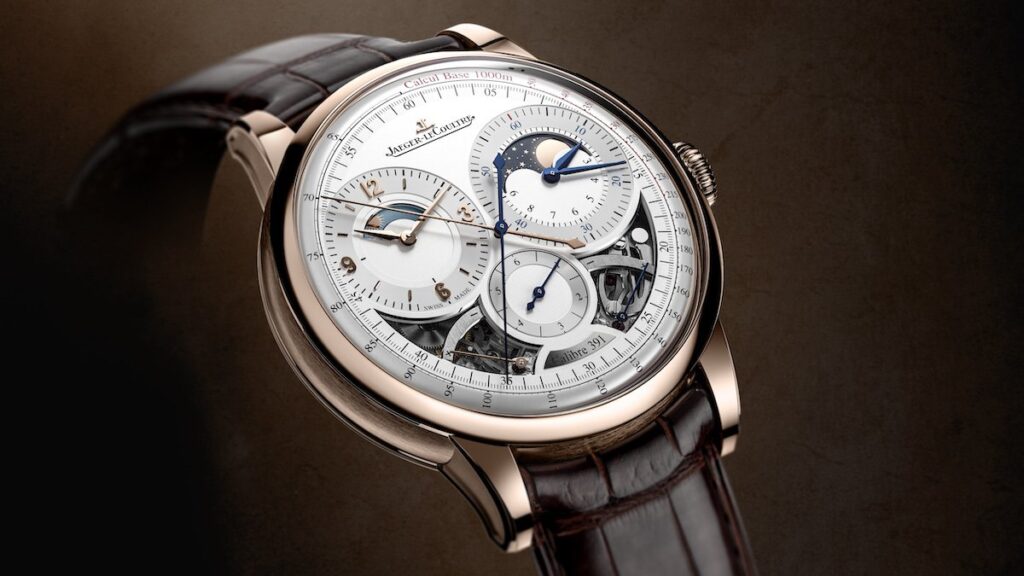Swiss mechanical wristwatches stand as enduring symbols of luxury, precision, and engineering brilliance. Celebrated around the globe, these timepieces reflect a legacy of meticulous craftsmanship and an unwavering commitment to horological mastery. With roots dating back centuries, they remain a benchmark in both style and technical innovation.
What Makes Swiss Mechanical Wristwatches Truly Exceptional?
1. Exceptional Craftsmanship and Complex Movements
At the heart of every Swiss mechanical wristwatch lies a sophisticated system of gears, springs, and jewels. Whether manually wound or automatic, these movements are finely tuned to ensure unparalleled accuracy. Manual-wind models rely on the wearer to wind the crown, while automatic versions harness the natural motion of the wrist. A key component—the escapement—ensures consistent timekeeping by regulating energy transfer, showcasing the artistry behind every second.
2. Legendary Swiss Watch Brands
Switzerland is home to some of the world’s most revered watchmakers, each known for pushing the boundaries of design and technology:
-
Rolex – Established in 1905, iconic for models like the Submariner and Daytona.
-
Patek Philippe – Since 1839, known for exclusivity and elegance in pieces like the Nautilus.
-
Omega – Pioneers in innovation with collections such as the Speedmaster and Seamaster.
-
Audemars Piguet – Creators of the groundbreaking Royal Oak since 1875.
-
Vacheron Constantin – The oldest active manufacturer, crafting timepieces since 1755.
-
Jaeger-LeCoultre – Masterful designs including the classic Reverso, established in 1833.
-
IWC Schaffhausen – Renowned for their Pilot’s Watches and robust build since 1868.
-
Breguet – Innovators of the tourbillon and other technical breakthroughs.
-
Blancpain – Dating back to 1735, creators of the legendary Fifty Fathoms.
-
TAG Heuer – Known for motorsport-inspired chronographs like the Carrera since 1860.
3. The Prestige of the “Swiss Made” Label
The “Swiss Made” mark isn’t just branding—it’s a legally protected symbol of superior standards. For a watch to earn this distinction, its movement must be Swiss, assembled in Switzerland, and undergo final inspection there. At least 60% of the movement’s value (excluding assembly) must also originate in Switzerland, ensuring authenticity and excellence.
4. Legacy and Value Beyond Time
Swiss mechanical wristwatches are often treasured as heirlooms and investment pieces. Limited production runs, historical significance, and impeccable craftsmanship contribute to their long-term value. They aren’t just watches—they’re timeless statements of tradition, passion, and prestige.
5. Proper Maintenance for Lasting Performance
To preserve their accuracy and beauty, these luxury timepieces require regular care. Avoid exposing them to extreme temperatures or magnetic fields, clean them gently, and store them safely. Professional servicing every 3 to 5 years is key to keeping them in optimal condition.
In every tick, Swiss mechanical wristwatches celebrate heritage, craftsmanship, and timeless elegance. Whether worn daily or passed down through generations, they embody a rich story of innovation and dedication in the world of fine watchmaking.
